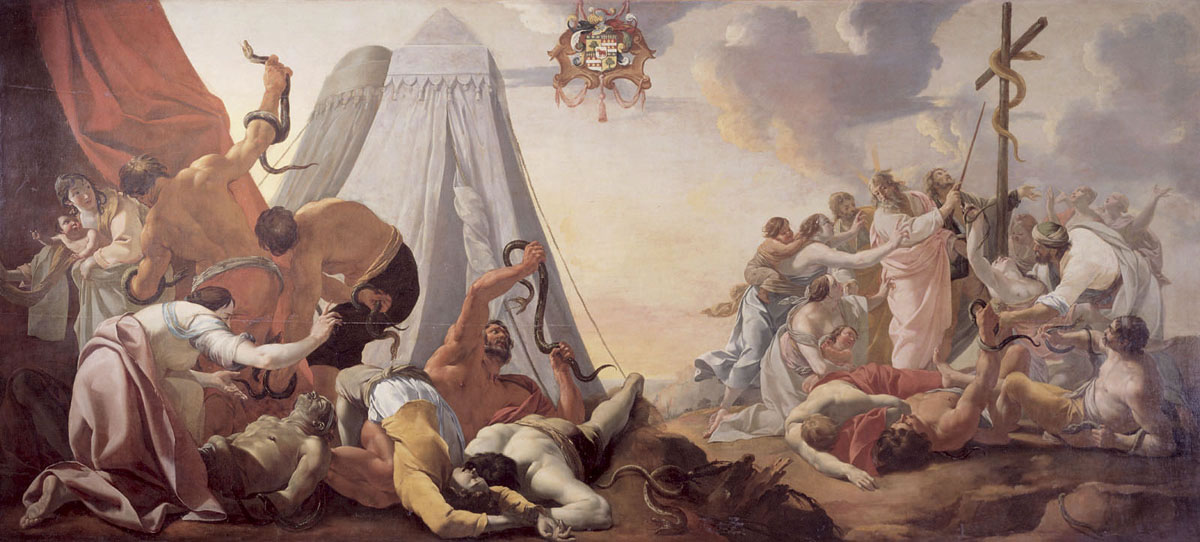
Quotes:
“For it was not possible while he was still Abram and was bearing the name of his physical birth to receive the covenant of God and the mark of circumcision. But when “he went out from his country and his kindred,” then responses of a more sacred kind are delivered to him at this time. First God says to him, “You shall no longer be called Abram, but Abraham shall be your name.” Then at once he received the covenant of God and accepted circumcision as a sign of faith that he could not accept while he was still in his father’s house and in the relationship of flesh and while he was still called Abram.”



